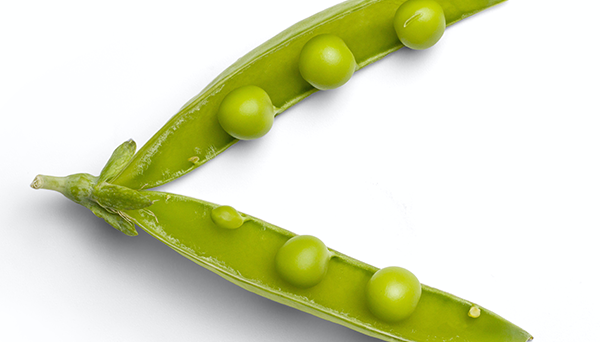
Protein of Columbus
A new project for the Biobased Resources & Energy research group at MNEXT. The project, named "Protein of Columbus," contributes to the protein transition, aiming to shift from animal- to more plant-based protein production. This project focuses on optimizing the use of by-products generated during the cultivation of protein-rich crops, with the goal of establishing a realistic revenue model for various stakeholders in the chain.
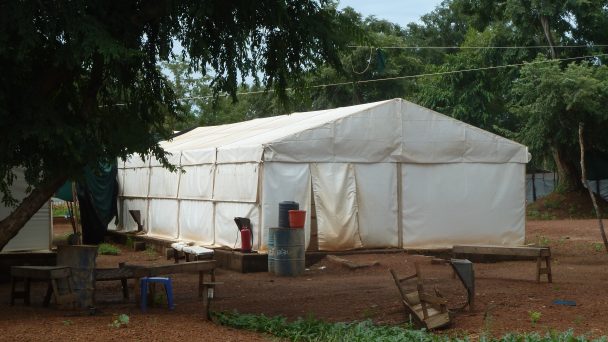
Circular Emergency Shelters
With an excellent network, this project investigates, through co-creation, possibilities for a clear and practically applicable circular consideration framework.
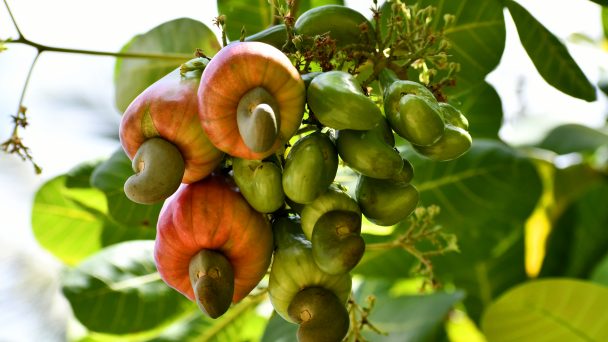
Totally Nuts: Circular Biobased Thermosets from Cashew Nutshells
How can we develop sustainable and economically viable biobased epoxy thermosets and composites from cashew nutshell residue? This question is the centre to this research.
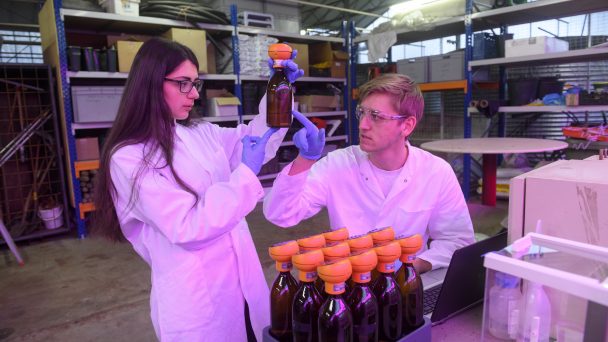
Biodegradation Coatings Stahl
Stahl from Waalwijk, would like to switch to the production of more sustainable coatings. Besides the development of renewable based coatings they also want to development coatings that are biodegradable.
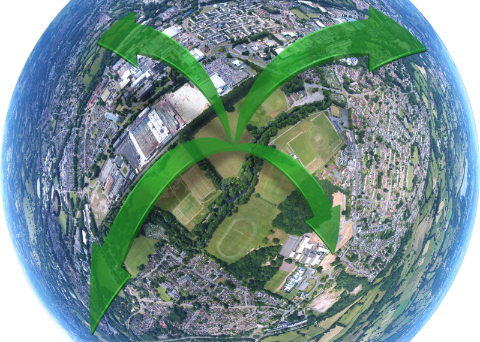
Green Hub: Information hub value chains green residual flows
In the Green Hub project, a consortium of SME partners, together with Avans, will therefore explore the needs of stakeholders regarding an overarching, up-to-date, and preferably open source, platform for information regarding value chains for green residual streams.
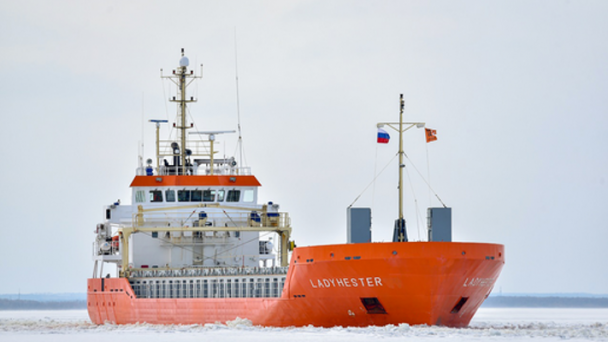
Setting up and performing biodiesel trials in a coaster ship
In this project, the use of biodiesel blends, in the so-called H1 class ships, is being tested. There are still a number of important issues to be resolved before testing can begin.
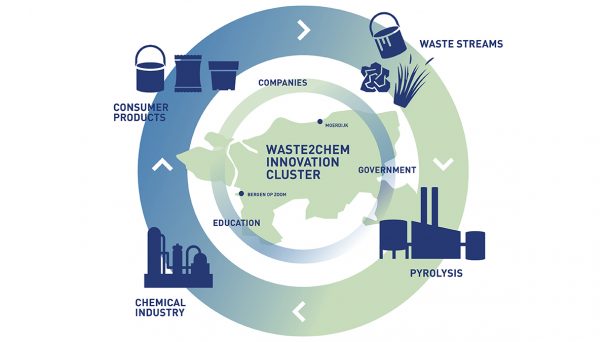
PyroCHEM: Waste2Chem Innovation Cluster
De PyroCHEM projectpartners willen de chemische industrie verduurzamen door de chemische recycling van plastic afval en de pyrolyse van andere (biomassa) reststromen te optimaliseren en op te schalen.
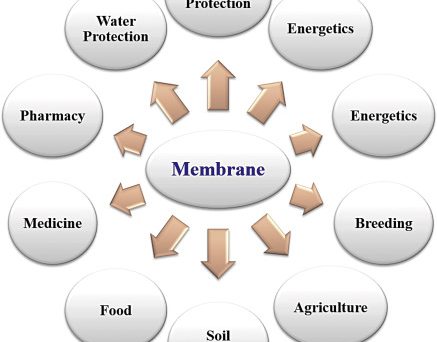
Membrane Technologies
Zijn membraantechnologieën toepasbaar en efficiënt voor valorisatie van verschillende reststromen? En zijn deze technologieën te integreren in bioraffinage projecten.
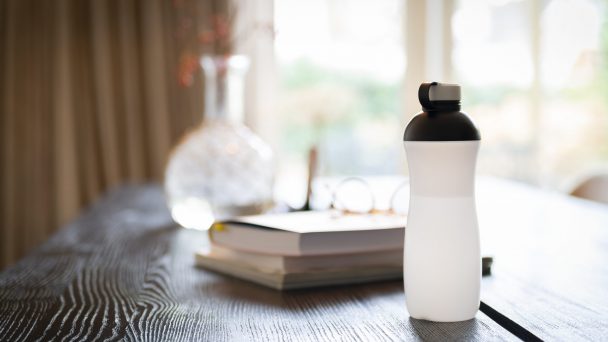
Flestic
Together with Eurobottle we analyse some sustainability aspects of the Oasus (water)bottle.
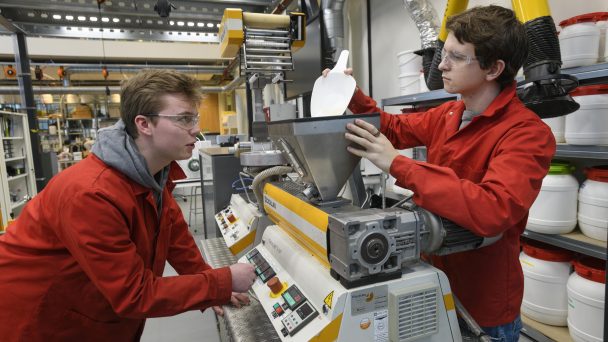
Direct extrusion of PHA-rich biomass
It is known that severalt bacteria can produce biodegradable polymers in different residual streams. These polymers are stored in the cell as a reserve energy source (up to 80% of the cell weight). The project is investigating the direct extrusion of bacteria with a high PHA content and the application possibilities of the extruded PHA
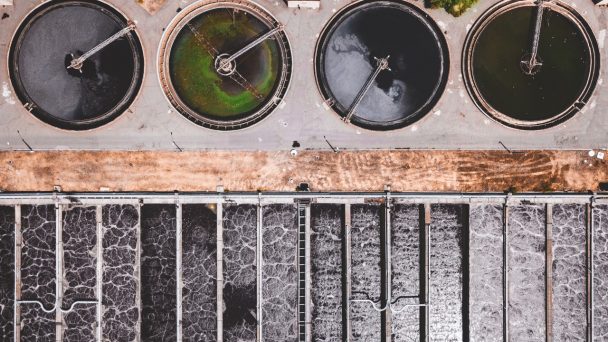
Production of bioplastics from residual streams (WoW! Capitalisation)
This project is a continuation of the Interreg NWE project WoW ! and focuses on two of the products that are already successfully recovered from sewage in this project: PHA, a biodegradable plastic, and biochar, one of the products of the pyrolysis of cellulose. The BRE research group is involved in research into PHA.
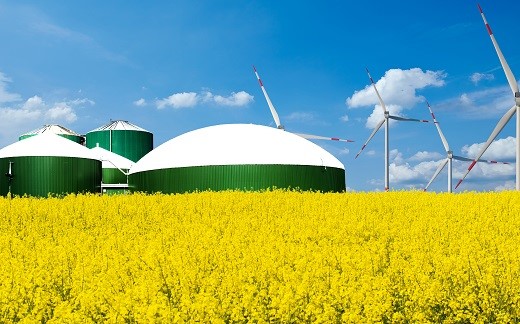
Powering Agrifood
Hoe moderne technologie (economisch) succesvol kan worden ingezet om toegang tot schone energie te verlenen aan boerencoöperaties en agro-industriële bedrijven wereldwijd.
